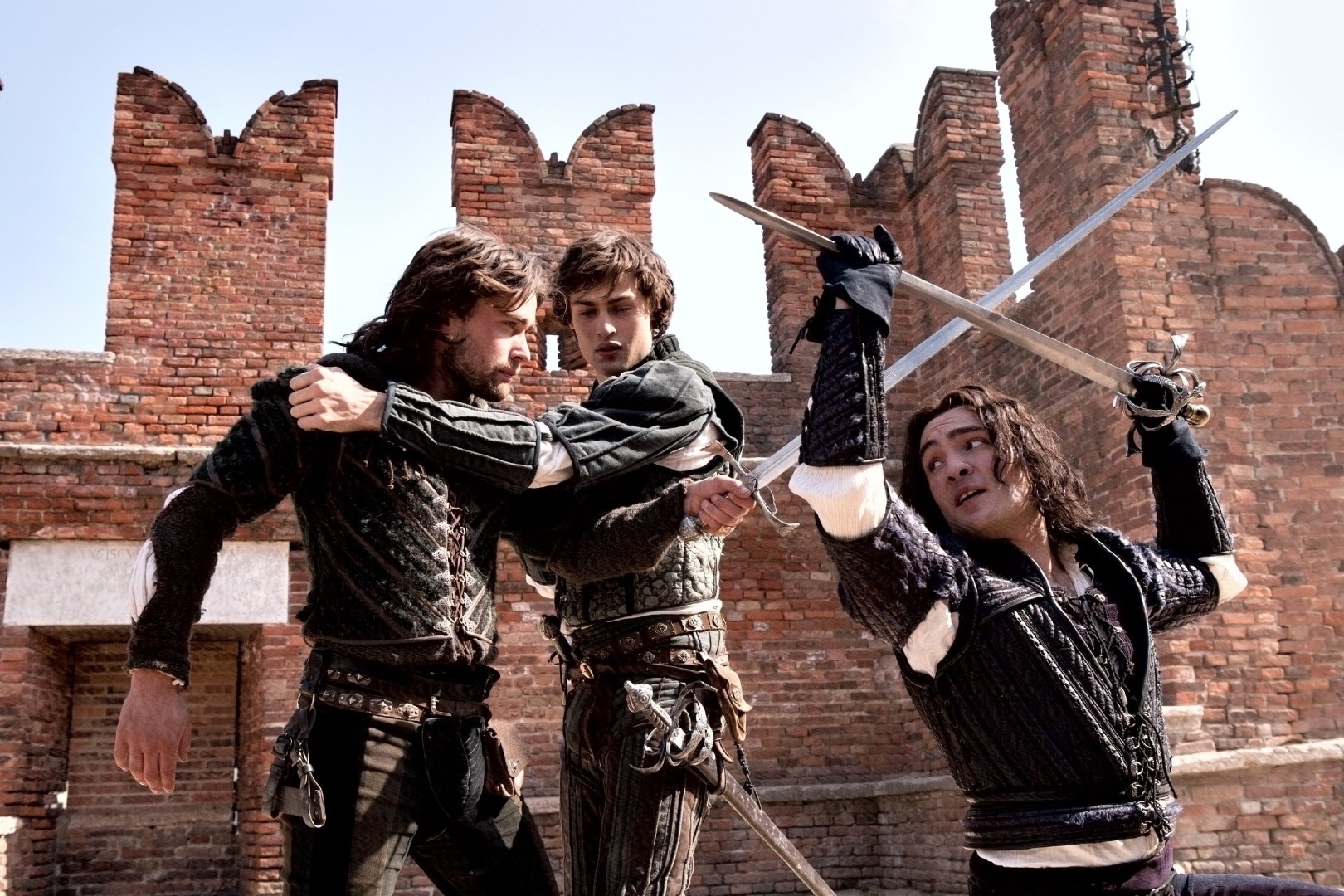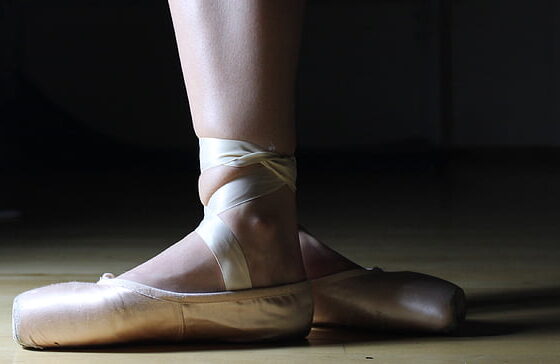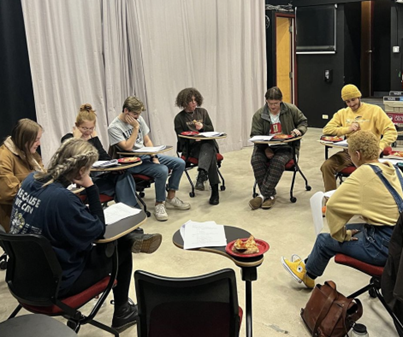Since “Romeo and Juliet” is such a timeless play and many viewers have already seen some of the “interesting” (for lack of a better word) adaptations from other filmmakers, explaining the plot seems unnecessary. The appeal of making a Shakespeare film makes sense. Filmmakers want to pay homage to the play that had such an impact on them. It is important to ask the questions “when is enough enough?” If filmmakers are going to do an adaption, at least stick to the script, or completely change everything. They continue adapting the play, but only with slight tweaks that take away from the importance of the play and the film. And someone else will have to remake it for some unforeseen reason. When can viewers be done with Shakespeare adaptations? The answer is simple … Never. Shakespeare has had such a dramatic impact that viewers will always have to put up with new, “inventive” ways of translating Shakespeare to the 21st century. With that being said, not all adaptations are bad; some are good, and some are happy to land right at mediocrity.
This interesting re-imagining of William Shakespeare’s play is directed by Carlo Carlei, and stars Hailee Steinfeld (“True Grit”) as Juliet, Douglas Booth (“Worried About the Boy”) as Romeo and Paul Giamatti (“Sideways”) as Friar Laurence. It seems appropriate to begin with the good parts of the film. The cinematography is beautiful, as is the coloring of the film. The set is phenomenal, and Verona really does come to life (apart from all the 20th century handrails viewers see). The city itself looks astounding, as does the set itself. The movie and the actors/actresses are very nice to look at, but the film stops at about that. Just because a film has good-looking actors doesn’t mean the audience will be tricked into enjoying a film. Shakespeare isn’t “Twilight,” after all.
What Director Cerlei has done here is something different. They keep the basic outline of the plot, but large chunks of the dialogue are completely different. Only about half the lines that are in the original Shakespeare play are present, which makes about as much sense as hiring Bill Cosby to play Juliet. They have changed the script, and by changing the script, they have changed the characters and in turn, changed the central focus of the movie.
The filmmakers also changed one of the best characters in the play into a stoic gorilla. Mercutio (Christian Cooke, “Cemetary Junction”) is supposed to be one of the more fascinating characters in the play, but who wants an interesting character in a movie? Mercutio has plenty of funny, clever lines, but the filmmakers have gotten rid of those. They also changed Tybalt (Ed Westwick, “Gossip Girl”), Juliet’s cousin, into a grumpy, brooding, warthog, who looks very scary, which is all good and fair, but he does not have much to say. For some reason many filmmakers think that viewers enjoy strong angry men threatening each other. In the play, Tybalt is not what would be considered a “good” character, but he is not evil either. Yet, Carlei’s version of Tybalt is the villain of the play. This movie makes the story of “Romeo and Juliet” much more black and white than the play is. There are either good or bad characters; no in-betweens. It makes viewers look at the film from only one point of view. One of the great parts of the original play is all the different ways to look at it. That seems to be gone with this adaptation, which makes it seem rather one-sided.
That being said, the fault in this adaptation lies within the way the script was changed, not the acting. Yes, the acting could be better, but some of the best comes from Giamatti, as well as Steinfeld. The rest of the acting is serviceable, but nothing special. It is hard for acting to stand out when plenty of interesting characters have been made rather one-sided, without anything particularly interesting to say. This version of “Romeo and Juliet” was not made for Shakespeare fans.
The film has dug itself into a hole. Shakespeare enthusiasts will not love “Romeo and Juliet” because half of the play has been changed, and regular movie viewers will be bored by the dryness of the characters. Of the “Romeo and Juliet” adaptations to see, this one ranks at third place. It is not as good as Franco Zeffirelli’s 1968 version or Baz Luhrmann’s 1996 adaptation set in Verona Beach. Giamatti has the best performance of the film, but it will not be ranked among the better performances of his career. This particular version of “Romeo and Juliet” seems geared towards a younger audience à la “Twilight” fans.











